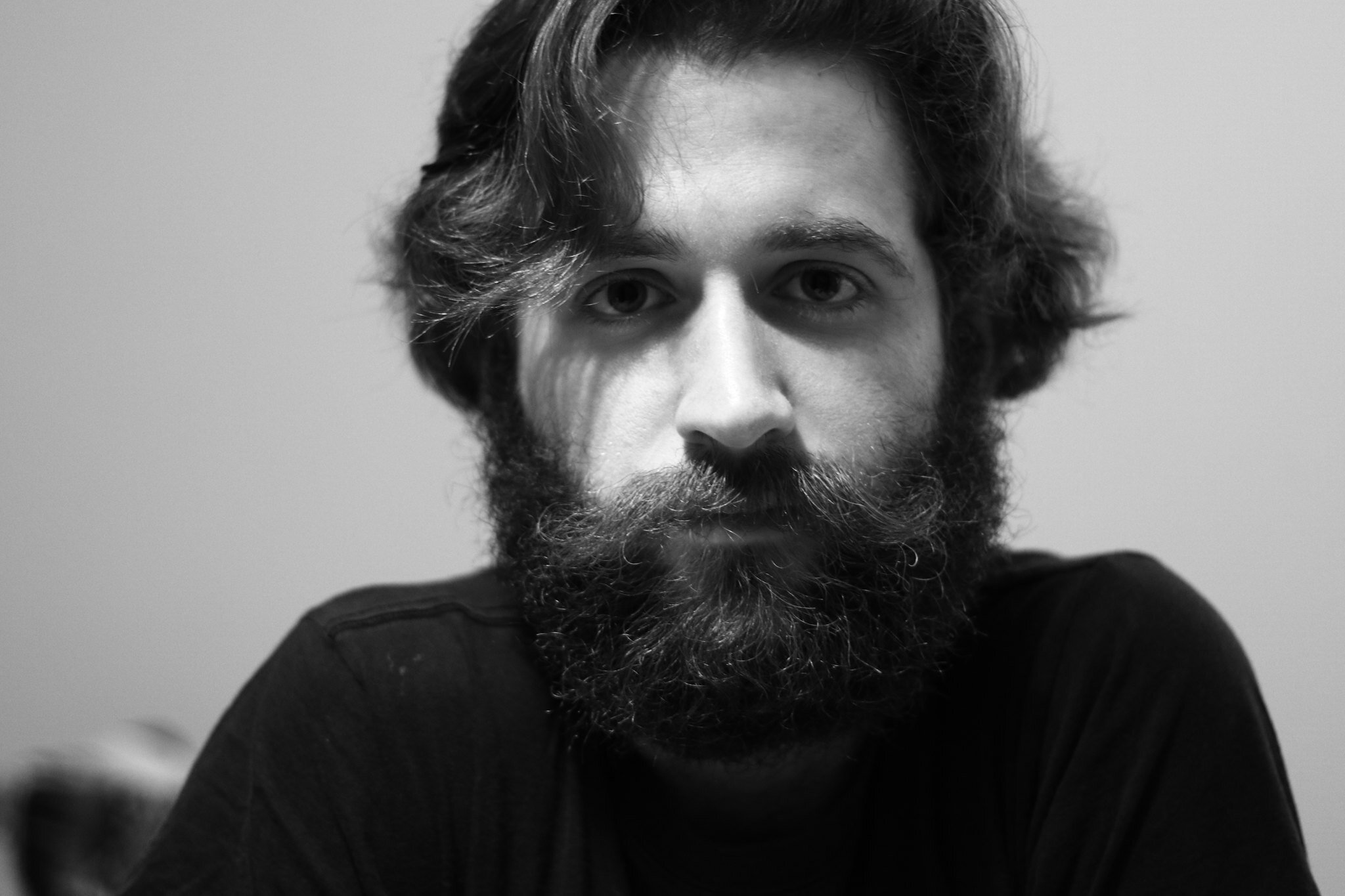Bite-Size: Reflecting and Acknowledging Substance Abuse in Medicine.
Introduction
A new blog concept for my website. These blogs tend to be small and introduce a concept or talks about an experience I had. Bite-size blogs should be a little less than 2 minutes read and may be less than 600 words. Nothing too prominent with a relaxed feel to it and no insane reference list.
In this edition of Bite-Size, I talk about substance abuse and its relation to medicine. What are the strategies to avoid substance abuse? Healthcare professionals exposed to the medical world have a challenging and stressful way of life. In a way, I can understand why some people would start using substances as a coping mechanism, lose control and become dependent.
Protecting yourself from substance abuse
What factors may influence someone to start and abuse substances? Reflecting and acknowledging is important; it allows us to acknowledge weak and strong characteristics about yourself, where we are susceptible, and where we can improve ourselves.
What I recommend
Maintaining a healthy body and mind
Maintaining a healthy balance, which consists of the right amount of work, social life, nutrition, physical exercise, and sleep are crucial aspects of my life. A healthy balance keeps the physical body and mind to be at their strongest and resilient, and not being vulnerable to potential harm such as addiction or being dependent on a substance. In early 2020 before the coronavirus became a pandemic, I decided to start physical exercises at the gym where I exercise important muscle groups, joint movements and increase my core strength. I felt a little out of place and awkward but it was time to look after my body and focus on myself. Overall, I feel better and healthier physically and mentally as exercise is essential, especially for someone who sits for a long period of time in front of textbooks and computers. Exercise, sleep and healthy nutrition has helped me in managing my stress from medicine and maximising my body to its best level. I have also tried different exercises such as yoga to understand myself better by being calm and noticing the important things in life. However, it is still a challenge. I also would like to increase my knowledge of philosophy, but at the moment, my main goal was to start reading again. I definitely want to set an example for my future patients, and demonstrating a balanced life is the right start for a healthier life and avoiding from being dependent on a substance.
Hence, I recommend the following core focus;
Drink water and keep a bottle near you, take a sip if you feel like it.
Sleep adequately (aim for at least 7 hours). For some people, it is challenging to have adequate sleep due to their job or position they are in.
Be physically active (take the stairs; they do add up!). It is recommended to do 150 minutes of moderate exercise per week, that equate to 5 days of 30 minutes of moderate exercise per week.
Eat correctly, such as don’t forget your servings (trust your instincts; you already know more than you think). Basic steps, such as eating vegetables and fruits. I like to make soup of whatever vegetable I find, and hopefully, it turns out edible.
If you drink alcohol, do it in a safe environment. Consume in moderation as there is nothing wrong to have a cold one with the boys. When consuming alcohol try to: eat some food, know your standards of drinks, identify key aspects of your body which entail that you are getting intoxicated and “skip” drinks by having non-alcoholic drinks that looks like there is alcohol so that the person does not feel left out.
Use the 4 D method if you feel any cravings (Drink water, Deep breath, Do something else and Delay). This method works for some people for food such as chocolate or cigarette cravings.
Mental health support. This may be with family members or close friends where thoughts and ideas can be shared. Essentially it is like a debrief of what happened in a situation where reflection occurs.
Protect your mind. Read philosophy and understand about stoicism, we don‘t need self-help books as the greeks did it thousands of years ago.
Be aware of your own weaknesses and triggers
Throughout my life, mistakes were made. However, mistakes are learned lessons as long as self-reflection occurs. Through my experiences, I tend to avoid situations where alcohol is being consumed to the point of being abused. Alcohol is not a problem for me, but in certain situations involving a certain group of people may entice me from drinking more alcohol than I am capable of handling. I like to drink alcohol socially and enjoy a social life as well as meeting new people, but I dislike the abuse of alcohol. Society seems to accept people who are intoxicated even when there are many laws in protecting citizens from alcohol abuse. It is effortless to abuse alcohol such as from not pacing yourself or being peer pressured, and I don’t think people are aware of the damages alcohol can have physically, mentally and on a societal level. For example, on one of my placements, almost every patients we had seen was in relation to alcohol abuse, which was astounding.
I would recommend to:
Be aware of your own consumption of alcohol and other drugs, and avoid using these to relieve stress as stress can then be a cue for abusing those particular substances. People will use drugs, whether illegal or not; it is important to at least know about and understand that substance being utilised.
Know the effects of alcohol and other drugs and be able to spot the early warning signs of misuse or overuse.
Be aware of your triggers and weaknesses and talk to trusted people about it.
Seek professional help; some services are free. We are humans, and we enjoy sharing and learning experiences from other human beings, it what makes us relate.
Every healthcare professionals and their family should have their own general practitioner
This is an interesting topic and is more related to healthcare professionals. It seems that practitioners and other healthcare professionals are reluctant to seek help, which increases the chances to self-medicate, substance abuse, misdiagnosing themselves and members of the family, and in taking unnecessary risks. I am adamant that my future family and I shall have our own general practitioner as I believe it will be far more beneficial. I do not ever want to diagnose my family and run the risks of misdiagnosing or causing harm. Unfortunately, there can be a stigma about seeking help if you are a doctor, especially in rural areas or relating to mental health, which may be a challenge. However, everybody needs to have their doctors and finding the right one is crucial even if you are in the healthcare profession. Some practitioners are trained for these situations and can be extremely fruitful
Dependence and its impact on the medical workforce
Being dependent, whether psychological or physical, to a substance and having uncontrollable urges to which a person may not have full control, could be harmful, dangerous and detrimental to that person and the people surrounding that person. Bringing those urges and lack of control of oneself to the workplace, especially in health, could create risky behaviours and changes in moral and ethical judgement. Impaired judgement or making the wrong decision in a crucial situation could lead to harming a patient or worst, being the reason of causing their death. It should be mentioned that these outcomes do occur around the world where lawsuits and the removal of practising medicine have occurred. Other problems could be absenteeism, tardiness, loss of efficiency, theft, increasing poor working interaction with the medical team and doing illegal activities. All of which can get that person to lose their job. Theft at the hospital is a concerning problem as medical practitioners have access to medications such as opioids and could potentially be used and abused; hence why the hospitals have a strict system to supervise the use and disuse of opioids. When I worked in the hospital pharmacy department, I was astounded how every opioid medications were accounted for and explained where it went as well as getting rid of the excess in a safe manner (to which it was supervised by a specific person and recorded).
At a societal level, practitioners are held at a high level of standards and pertain a huge amount of power over patients. For example, confidentiality is a massive pillar for the patient's trust. What would happen if a physician is seen unprofessional (such as breaking confidentiality) or dependent on a substance? Why would a patient listen to us or trust us or how can we lead by example, as we are seen as leaders in society if we cannot cope with our own health? I always wondered how a practitioner who is dependent on a certain substance look after or heal a patient who is dependent on a particular substance. Would there be sympathy or would there be a lack thereof?
An important question is why and how a physician got to that point? In medicine, we have to become and pressured to be sensitised quickly to the health environment. It is not normal, at least to a regular person, to see dead people (adults and children) or organs being pulled out or cut up. Hence, trauma, stress, intense workload and pressure, inequality such as misogyny, difficulty to express the cause (stigma) and hierarchal bullying are factors that could push someone to seek medications so they can cope and relax from the everyday struggle. These situations lead to being dependant. Unfortunately, we also have to mention that doctors are more depressed and suicidal compared to the general population. It has saddened me to go through medical school and experiencing the loss of life amongst my peers and mental health should be given an adequate amount of awareness and attention. Mental health and substance abuse are often related and feed into one another, hence the importance of controlling any substance abuse and working on options to get better.
Of course, there is always genetics, environmental factors and childhood history that can influence a person in becoming dependant. Some people are naturally more resilient to pressure and are less likely to rely on substances in coping with these stressors. It is important to note that doctors being dependent on a substance is common, and the need for confidentiality and thorough mental health support is crucial. By starting doing the basics such as drinking water, eat healthy food, sleep adequate hours, practice adequate amount of exercise and seeking support (which can be family or friends) can substantially help someone cope under stressful situations.
Published 30th October 2020. Last reviewed 1st December 2021.
Reference
Fry L. The impaired student: Substance abuse in medical students. Med Stud J Aust. 2015. https://www.amsj.org/archives/4462. Accessed October 2, 2020.
Gillon R. Medical ethics: four principles plus attention to scope. BMJ. 1994;309(6948):184-188. doi: 10.1136/bmj.309.6948.184





























